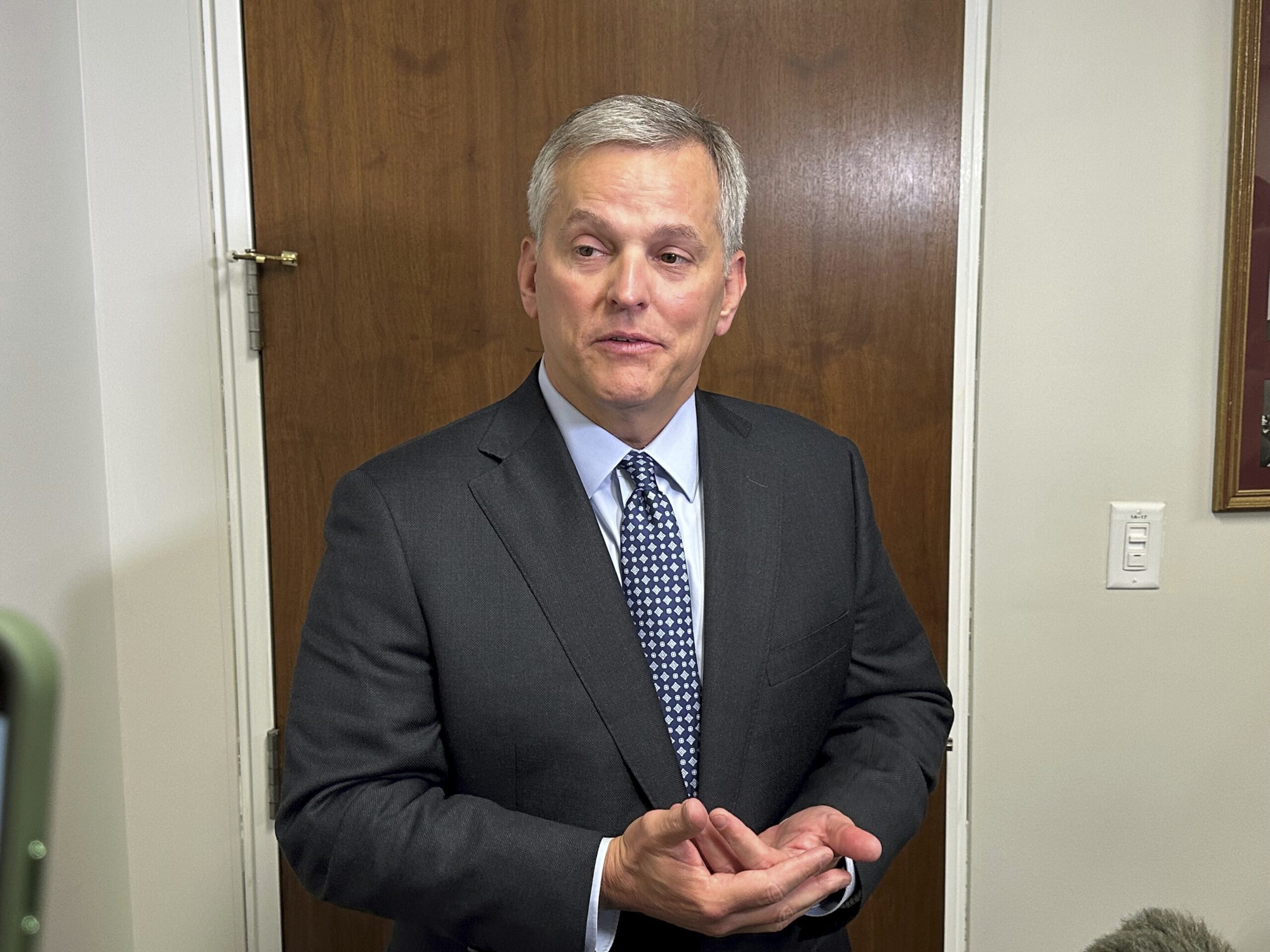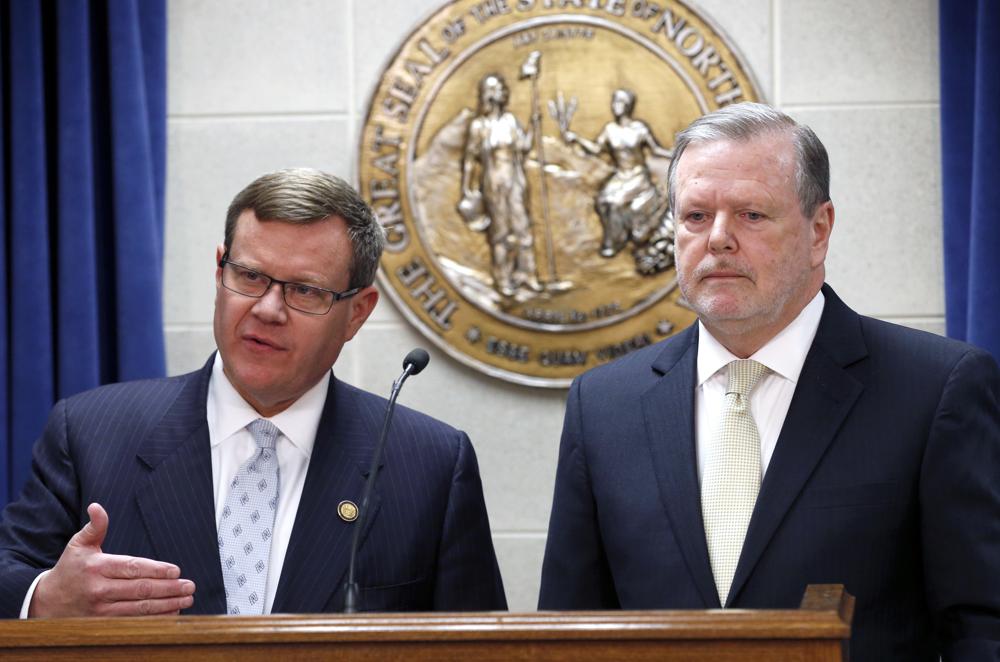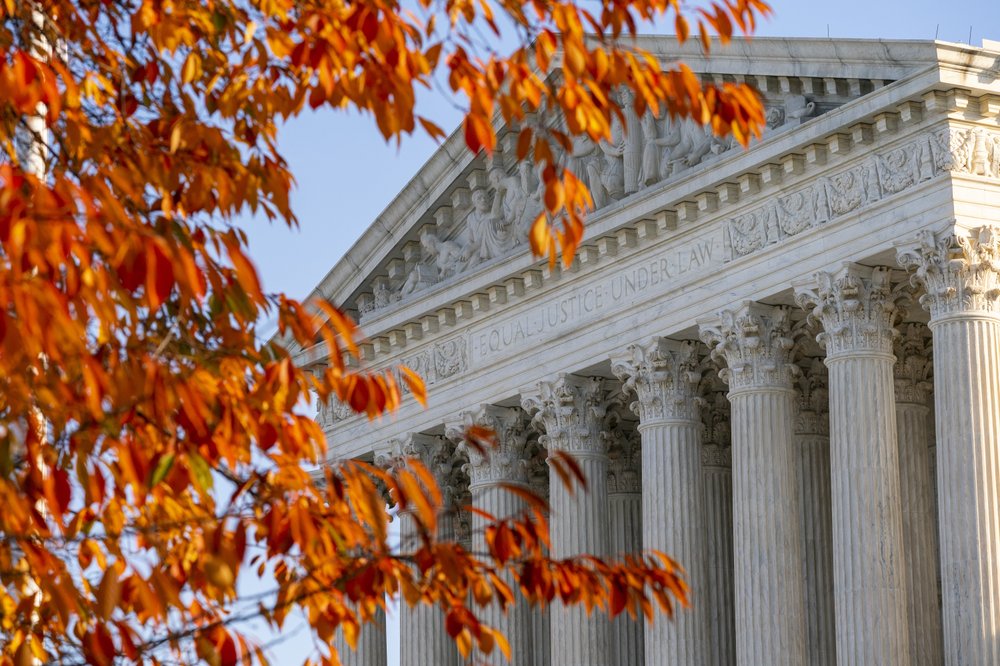The U.S. Supreme Court has upheld the tax breaks for those who purchased health insurance through the federally-run exchange. The ruling allows more than 400,000 North Carolina residents to keep subsidies that help pay for their health insurance premiums.
The question at hand in King v. Burwell was whether a small line of text in the Affordable Care Act (ACA) prohibited the federal government from providing subsidies for health insurance to people in states without their own exchanges. North Carolina is among 34 such states. Duke University professor Don Taylor says more than half-a-million North Carolina residents purchased insurance through the ACA, and most of them are receiving the federal subsidies that were in question.
“Ninety-one percent of the North Carolinians have gotten a subsidy, and the average amount of that subsidy is about $315 a month,” Taylor said.
The Supreme Court ruled 6-3 to allow the federal subsidies to flow to all states, whether their exchange is state-run or not. Chief Justice Roberts, who ruled with the majority, said the line in question had to be read within the greater context of the ACA, which was to “improve health insurance markets.”
North Carolina Congressman David Price says he is relieved by the Court’s ruling on what he calls a “drafting error” in the ACA.
“It’s a very fortunate decision; it’s a common sense decision,” Price said. “And from what I’ve seen, Chief Justice Roberts’ reasoning in ruling this way reflects that. This is a matter of discerning Congress’ intent, despite this drafting error, and making sure that the nation doesn’t suffer the consequences of an overly literal focus on this one omission in the law.”
The ruling means more than 400,000 North Carolinians will keep their subsidies. It also puts an end to a serious threat to the future of Obamacare. Taylor says ending the federal subsidies would have forced many people to drop coverage and destabilized the entire health insurance exchange.
“If the healthy people flow out because the premiums go up, and you only have sick people left, then that’s called ‘death-spiral,’ and that insurance market is unsustainable,” Taylor said.
Now that the ACA is no longer threatened, Price says it’s important to shift focus to expanding Medicaid in the state. The U.S. Supreme Court’s 2012 ruling on the ACA allowed states to opt out of Medicaid expansion.
“It’s unfortunate that the Supreme Court left that loophole,” Price said. “It’s even more unfortunate, I think, that North Carolina and other states are taking advantage of the loophole to detriment of – in the case of our state – almost half-a-million people.”
Governor Pat McCrory has given no indication that he will call for Medicaid expansion. In a statement his office released Thursday, the Governor said quote “we must build a North Carolina-based reform plan that focuses on healthier patients at a cost taxpayers can afford.”
Related Stories
‹
![]()
SCOTUS Keeps Affordable Care Act SubsidiesThe Supreme Court has issued a 6-3 ruling allowing subsidies to continue to be offered in states that did not establish their own marketplace. You can read the full opinion here.*** The U.S. Supreme Court will release a decision within the next few days that may affect more than half a million North Carolinians […]
![]()
Affordable Care Act Helps Over 400,000 Find Insurance in NCDue to coverage implemented by the Affordable Care Act in 2014, more Americans were able to obtain coverage in 2015, according to a study by the Commonwealth Fund. Sarah Collins is the Vice President for Healthcare Coverage and Access for the foundation. She said in North Carolina alone, 400,000 people gained health insurance last year. […]

North Carolina Gov. Stein Signs Stopgap Budget Bill and Vetoes Opt-in Bill Helping School ChoiceWritten by GARY D. ROBERTSON RALEIGH, N.C. (AP) — North Carolina Gov. Josh Stein signed into law on Wednesday a stopgap spending measure while lawmakers remain in a state budget impasse. But he vetoed legislation that would direct state participation in a yet-implemented federal tax credit program to boost school-choice options, suggesting state Republicans acted hastily. The […]

Biden and Harris Argue That Democrats Will Preserve Health Care and Republicans Would Take It AwayNorth Carolina was President Joe Biden's final stop on a tour of battleground states, and he touted his healthcare record at Tuesday's event.

Medicaid Expansion Breakthrough Within Reach in N. CarolinaWritten by GARY D. ROBERTSON After a decade of vigorous opposition, most North Carolina Republicans have now embraced the idea of expanding the state’s Medicaid program to cover hundreds of thousands of additional low-income adults. Legislative approval finally appears within reach. During the General Assembly session that ended July 1, the GOP-controlled House and Senate passed separate, bipartisan measures […]

High Court Seems Likely to Leave to Health Care Law in PlaceRepublican elected officials and the Trump administration are advancing their latest arguments to get rid of the Affordable Care Act, a long-held GOP goal.
![]()
2020 Serves Another Blow as Ginsburg’s Death Ignites FightJustice Ruth Bader Ginsburg’s death drew mourners to the steps of the Supreme Court, where they sang “Amazing Grace” in the dark. Fresh off a rally stage in Minnesota, President Donald Trump learned of the loss and praised Ginsburg as an “amazing” woman. Such grace notes didn’t last long. They were overwhelmed as swiftly as […]
![]()
Court: Part of 'Obamacare' Invalid, More Review NeededA federal appeals court on Wednesday struck down “Obamacare’s” now-toothless requirement that Americans carry health insurance but sidestepped a ruling on the law’s overall constitutionality. The decision means the law remains in effect for now. The 2-1 ruling handed down by a panel of the 5th U.S. Circuit Court of Appeals in New Orleans means […]
![]()
North Carolina High Court Hears Case on Race, Death PenaltyNorth Carolina’s highest court began weighing a claim Monday by six inmates on death row who say they are there because of racial discrimination in jury selection — and who argue they are still entitled to protections under a law that was taken off the books. The state Supreme Court began hearing arguments in the […]
![]()
Supreme Court Narrows Lifetime GPS Tracking of Sex OffendersSome repeat convicted sex offenders in North Carolina who’ve completed their sentences should no longer be subject to perpetual monitoring by satellite-linked bracelets because it’s unconstitutional, the state Supreme Court ruled Friday. A majority on the state’s highest court expanded a lower appeals court decision that last year concluded GPS monitoring of Torrey Grady — […]
›





